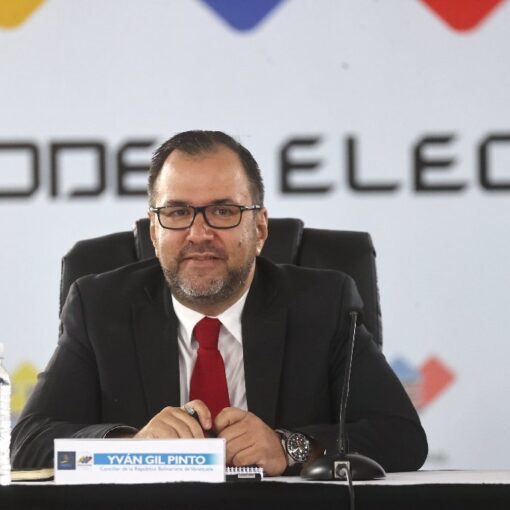QCOSTARICA – The pilot project for electric taxis at Juan Santamaría Airport highlighted an uncomfortable reality: Costa Rica is not yet ready to effectively incorporate this technology into public transportation.
This was warned by operators of electric taxis, who pointed to limited charging infrastructure and a lack of financial incentives as key obstacles to implementing this system.
Since October 2023, six 100% electric taxis have been operating at the San José International airport.
– Advertisement –
“There are many unrealistic expectations, such as that the vehicles are maintenance-free, that energy is cheaper, or that they hardly require any extras, but that’s not true. Electricity is an important issue in Costa Rica, and well, it’s expensive, almost as expensive as gasoline,” said Ericka Cordero, a taxi concessionaire at the air terminal.
Cordero explained that the taxi fleet can benefit from electric mobility; however, public transportation services require fast-charging stations, which are scarce in the country.
“The lack of knowledge among mechanics in this area is also very important. In my case, it took me 22 days to repair a gear in my car. Considering the number of electric vehicles available, there are few charging stations, and these are rarely repaired. This means that, although Costa Rica is a pioneer in this area, it needs to make much more progress,” he stated.
This situation was also experienced by Luis Mariano Castro, another taxi concessionaire operating at the airport, who said he is affected by the lack of charging stations nationwide.
“The problem started when we didn’t have charging stations. There was one near the airport, but it was always full, and when it broke down, you had to go to Naranjo or Atenas to charge. Imagine the time it took to get there and back! And maybe you had to wait for other cars,” Castro said.
– Advertisement –
Institutional Work Needed
Arturo Steinvorth, coordinator of the E-Taxi CR project in charge of the pilot program, said that in order to achieve the national projections for public transport electrification, greater investment in the mobility sector is required, as well as strengthening current legislation.
“Major changes are needed in all legislation and regulations of the taxi sector to enable the conditions that allow us to achieve the goals of the Plan Nacional de Descarbonización (National Decarbonization Plan).
Currently, we have a business model that only allows one person per concession; however, part of what our roadmap promotes is to diversify the ways in which these concessions can be obtained,” he explained.
– Advertisement –
E-Taxi CR
E-taxi CR is an initiative in Costa Rica to promote electric mobility in public transportation, specifically taxi services. Since October 23, six 100% electric taxis, such as the AION S model from GAC New Energy, have been operating at the San José International Airport.
They are part of the”Accelerating the Transition to Electric Public Transport in the Greater Metropolitan Area of Costa Rica” project, part of UN Environment’s Global Electric Mobility Program, contributing to Costa Rica’s position as a country at the forefront of promoting electric mobility.
The E-taxi CR project is led by the CRUSA Foundation, the Ministry of Environment and Energy (MINAE), and the United Nations Environment Programme (UN Environment).
– Advertisement –
Source link
Rico



